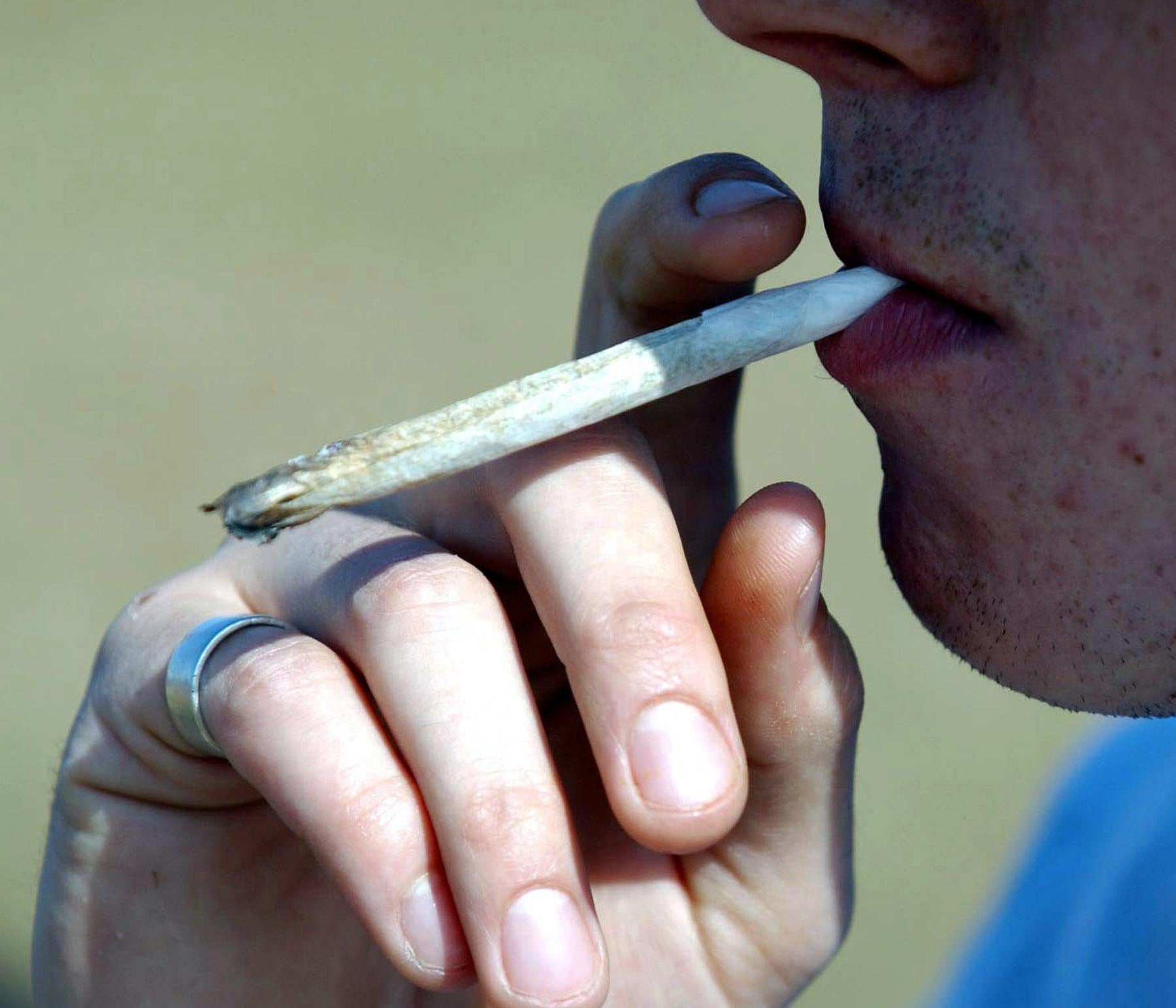Teenage cannabis linked to having premature babies, research suggests
Researchers said findings point to urgent need to understand risks associated with using the drug during adolescent years

Your support helps us to tell the story
From reproductive rights to climate change to Big Tech, The Independent is on the ground when the story is developing. Whether it's investigating the financials of Elon Musk's pro-Trump PAC or producing our latest documentary, 'The A Word', which shines a light on the American women fighting for reproductive rights, we know how important it is to parse out the facts from the messaging.
At such a critical moment in US history, we need reporters on the ground. Your donation allows us to keep sending journalists to speak to both sides of the story.
The Independent is trusted by Americans across the entire political spectrum. And unlike many other quality news outlets, we choose not to lock Americans out of our reporting and analysis with paywalls. We believe quality journalism should be available to everyone, paid for by those who can afford it.
Your support makes all the difference.Teenage cannabis users may be more likely to have pre-term babies in later life, research suggests.
Scientists found that infants born to mothers and fathers aged 29 and over, who had used the drug every day between the ages of 15 and 17, were far more likely to have a baby of low birthweight before 37 weeks of pregnancy compared with babies of parents who did not use cannabis as teenagers.
The researchers said the findings, published in the journal Scientific Reports, point to an urgent need to understand the risks associated with using the drug during adolescent years as countries seek to ease regulations on cannabis. Canada, Uruguay and the Netherlands are among those which have decriminalised recreational use of the drug.
Cannabis is classified as Class B drug in the UK. As such, anyone found in possession of the drug risks up to five years imprisonment, an unlimited fine, or both.
According to the Office for National Statistics, 18.7 per cent of people aged between 16 and 24 reported to have used cannabis between March 2019 and 2020.
Dr Lindsey Hines, research fellow in Bristol Medical School: Population Health Sciences at the University of Bristol, said: “Cannabis is the most commonly used illicit drug amongst teenagers.
“There is already evidence that frequent adolescent cannabis use increases the risks for poor mental health but our results indicate there may be further effects that individuals may not anticipate.
“As regulations around legal use liberalise, there is a possibility that adolescent use may increase in some countries. These findings provide additional motivation for ensuring that policy changes do not lead to greater adolescent use.”
Researchers followed a cohort of 665 participants in Australia who were recruited in secondary school for up to two decades. When the participants became parents in their late 20s and 30s, their children were followed as part of another study.
The researchers also looked at the participants’ tobacco and cannabis use between the ages of 14 and 29.
Previous research has linked tobacco or cannabis use in pregnancy to babies being born prematurely and having low birthweight, raising their risk of health problems.
But the team said their findings could also have implications for males – as heavy teenage use is most common in boys.
George Patton, professorial fellow in adolescent health research with the University of Melbourne and Murdoch Children’s Research Institute, said: “The more we study heavy cannabis use in the teens, the more problematic it looks.
“Given growing political and industry drivers for legalisation of use, there is a pressing need for bigger and better research into understanding harms arising from heavy adolescent use.”
Join our commenting forum
Join thought-provoking conversations, follow other Independent readers and see their replies
Comments